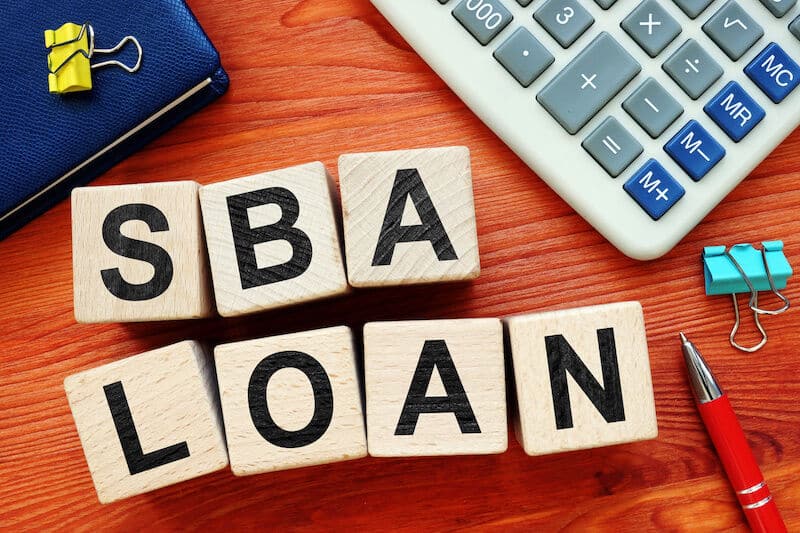The Small Business Administration offers SBA franchise financing programs that can be used to fund the purchase of a franchise.

Here’s how SBA franchise financing typically works:
- Apply for an SBA loan: Franchisees can apply for an SBA loan through an SBA-approved lender. The SBA guarantees a portion of the loan, which reduces the risk for the lender and makes it easier for franchisees to qualify for financing.
- Determine the loan amount: The maximum SBA loan amount varies depending on the program and the franchise’s specific financial situation. The lender will evaluate the franchise’s financials and determine the maximum loan amount that it can provide.
- Provide collateral: Franchisees are typically required to provide collateral to secure the loan. This can include personal assets, such as a home or car.
- Use funds to purchase the franchise: Once the loan is approved and the funds are disbursed, franchisees can use the money to purchase the franchise and cover other startup costs, such as equipment, inventory, and working capital.
- Repay the loan: Franchisees must repay the loan according to the terms of the loan agreement, which typically include monthly payments and interest. The repayment period can range from several years to several decades, depending on the size and terms of the loan.
It’s important to note that not all franchises are eligible for SBA franchise financing. The SBA has specific eligibility requirements for both the franchise and the franchisee, including financial stability, creditworthiness, and experience. It’s important to carefully review these requirements and work with an SBA-approved lender to determine if SBA financing is a viable option for your franchise purchase.